What is relationship OCD and what are the best ways of dealing with relationship OCD? This article is going to talk about all that and more.
Relationship OCD refers to someone who has become consumed with obsessive doubts about their partner and their past.
Experiencing changes in the emotions we feel towards a romantic partner is a natural part of developing an intimate relationship. At the same time, we all might pay more attention to our partner’s flaws as the relationship progresses.
But for people in the grip of relationship OCD, these doubts and worries dominate and undermine the relationship. In the grip of relationship OCD, confidence in a relationship will drain away and the sense of possibility and optimism disintegrate.
Related: What Is Relationship OCD? Symptoms, Causes And How To Cope With It
When does Relationship OCD tend to start?
The fact that we suffer from this variant of OCD often only becomes an issue post-adolescence, before then, obsessional problems and attachment issues can be harder to recognise.
When we mature and start to become interested in emotional and intimate relationships things start to become more complicated.
Often, though we might have recognised and lived with the fact that we tend to veer towards obsessional thinking and behaviour, it is only in adulthood that these problems become evident.
Emotional and intimate relationships, particularly in the early stages, can introduce a level of unpredictability into our lives, this can be difficult for people who prefer certainty and predictability.
Though obsessional patterns of thinking tend to be driven by an attempt to minimise anxiety and stress, over time the anxiety and stress become harder to manage and the obsessional behaviour increases.
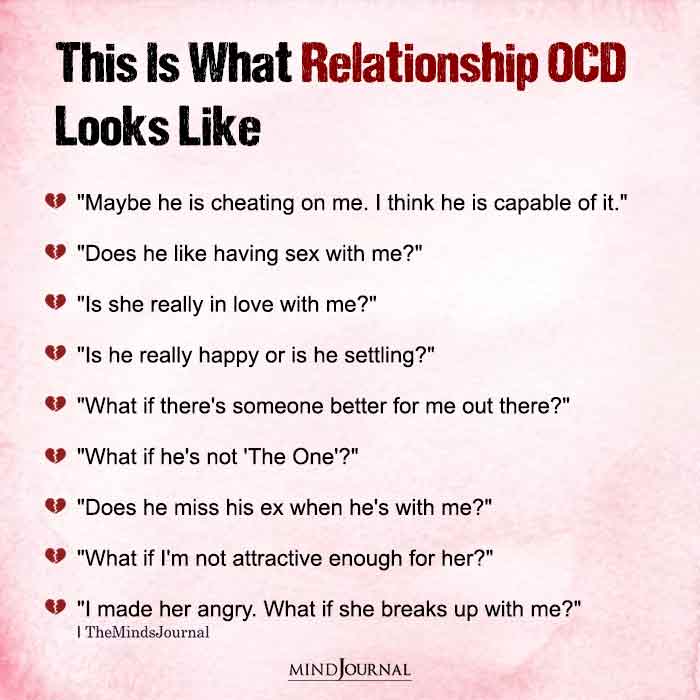
How do obsessional problems develop?
Obsessions tend to start when an idea takes hold and jumps from being a thought or a worry and becomes an action. It becomes a behaviour like washing hands, checking the doors are locked, repeating certain words or phrases to yourself.
Sometimes the ideas behind intrusive thoughts are complicated and have long histories that began in childhood.
You may not be able to remember how your obsessional thinking and behaviour started, and because the nature of obsessional problems creates a dense labyrinth of specific rules and details, it can be difficult to know where the problems began.
In the grip of relationship OCD instead of being able to enjoy the relationship, confidence in the other person drains away and the sense of possibility and optimism disintegrates. We can become quick to lose confidence in the new relationship and end up single and alone again.
Sometimes the trigger to obsessional thinking is in retroactive jealousy, where we might find out something about our partner’s past and then find that we can’t stop thinking about it.
Related: Dating Someone With Relationship OCD? 7 Strategies For Supporting Your Loved One
‘We shared a house at university and started dating, and then afterwards, we moved South and got a flat together. Then I found out that she’d slept with one of my old housemates at university. I don’t think she’d meant to tell me.
I felt excluded, that she’d been keeping secrets from me. Our relationship was good until then, but I just couldn’t trust her after that. I kept wondering who else she’d slept with? I started to become withdrawn and had all of these intrusive thoughts about her.’ – A client’s story
‘When I met him I noticed that he used to sing and hum tunes when we were together. He’d do it when we were silent. Whenever we were together I’d notice it. At first, I found it endearing, but then it bothered me. I commented on it, he said he’d never noticed he did it.
Then I found it irritating when I thought about him. I started doing all of my rituals. I’d try to stop myself from focussing on it. I tried to reassure myself that it was ok. I tried to get him to stop it, to make him fit some idea I had of what a partner should be like.
I tried not to get into thinking that it was a bad sign. I went through all my rituals. Anyway, I couldn’t get it out of my mind and that was it, we broke up.’ – A client’s story
Sometimes relationship OCD will be triggered by a particular characteristic that we notice in our partner, to start with it might be something that we like about them, but then when our relationship OCD gets hold of it, the relationship is undermined.
Signs of Relationship OCD
As well as a range of compulsive behaviours that we might develop as an attempt to limit anxiety, signs of relationship OCD include:
- Monitoring and checking thoughts, feelings, and behaviours.
- Comparing our relationship with other people’s.
- Constantly trying to reassure yourself about the relationship.
- Trying to correct your partner’s behaviour, and to make them fit some ideal you have about what a relationship is supposed to be like.

Making Sense of Relationship OCD
A lot of writing and information on relationship OCD guides readers towards managing their obsessional problems through a mixture of cognitive strategies and meditation. Mindfulness is often suggested as part of a tool kit that readers can use to help them break their obsessional thinking and develop better emotional stability.
I suggest a different solution. In my view, while these are good approaches to the problem, and while it is essential to develop a more stable position, once we’ve broken the negative cycle, and found a way out of the rabbit hole and the quicksand of obsessional thinking, then we can do more to help ourselves.
Developing good habits that support our emotional stability is a staging post, not the destination. If we can develop a way of finding out how our obsessional problems started in the first place, then we can do more to help our relationships thrive.
Instead of being obsessed with our partners’ lives and asking them one question after another, we can start to develop a clearer perspective and understanding of the origin of our worries.
This can enable us to find ways to live better and more satisfying lives and so be able to enjoy our relationships more.
- We have developed relationship OCD not because there is something wrong with us or our relationships, but because of things that have happened to us.
Related: When Your Relationship Anxiety Makes You Feel Unloved
It isn’t that there is something wrong with the ways our brains are wired. It is more the case that things in our past have hindered us from developing a more stable and less reactive, obsessive, and destructive psychology.
This isn’t about your current partner. This isn’t about your current relationships. There is more behind these issues. These problems tend to be more to do with us and with our past experiences than anything else.
My psychotherapy practice has shown me that often what gets labelled relationship OCD relates more to:
- early anxieties,
- early family relationships, and
- upbringing – than it does to your current partner.
In other words, your relationship OCD derives from your past. What happens is that the complicated emotional and family dynamics we grew up with get activated and projected into our current relationships.
When we find a way to untangle this confusion, we can start to take the destructive heat and intensity out of our relationship OCD, and potentially enjoy our relationship more.
We can’t change our past, but just because we weren’t looked after appropriately when we were very young, just because we were worried about things when we were small, doesn’t mean that we can’t find ways to look after ourselves better now.
Written By Toby Ingham Originally Appeared On Toby Ingham


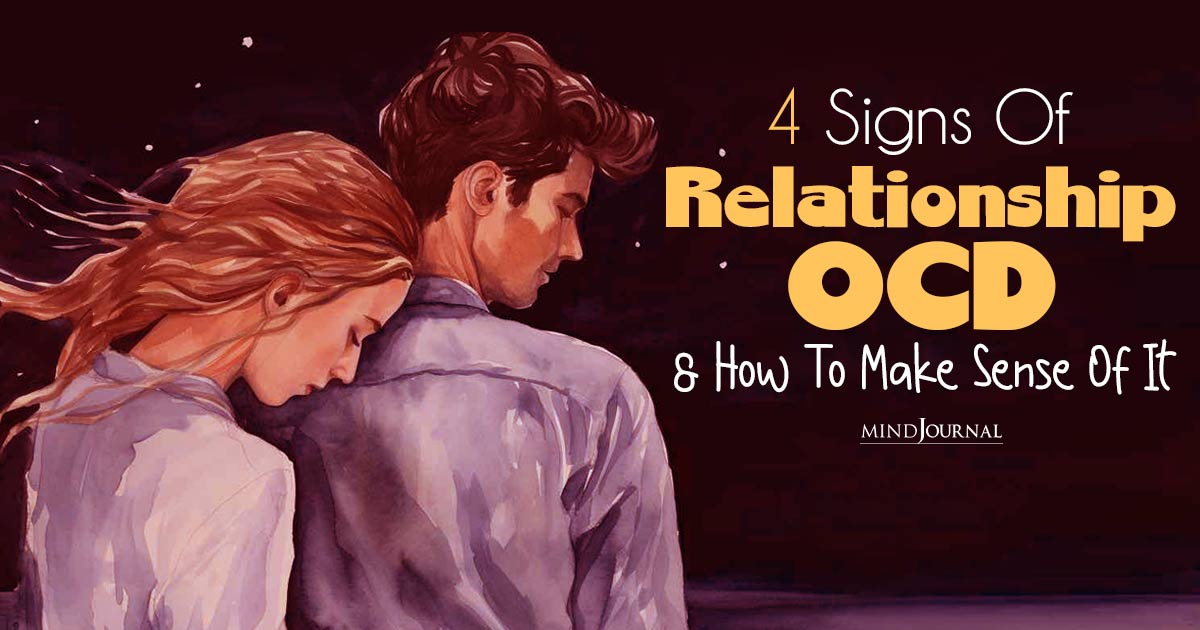



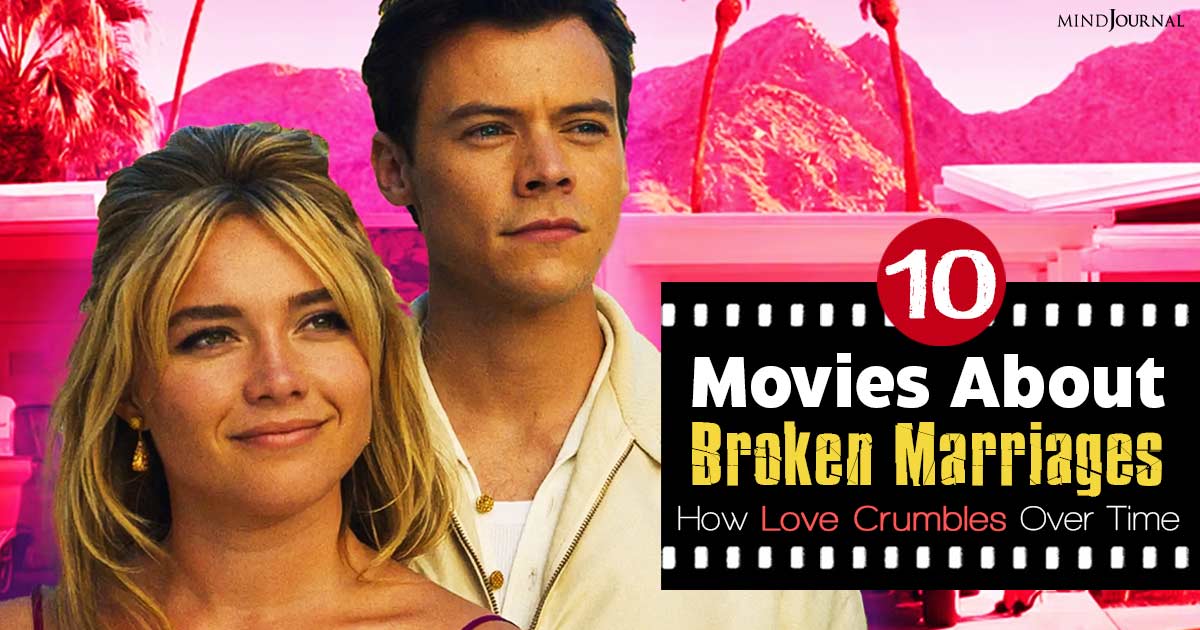
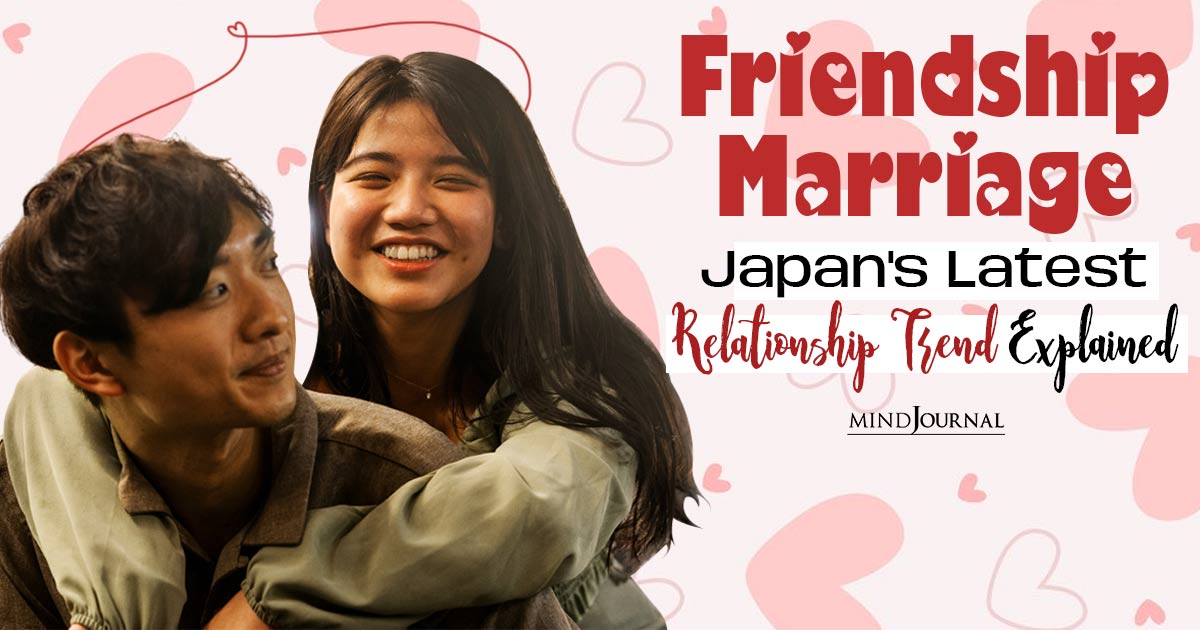
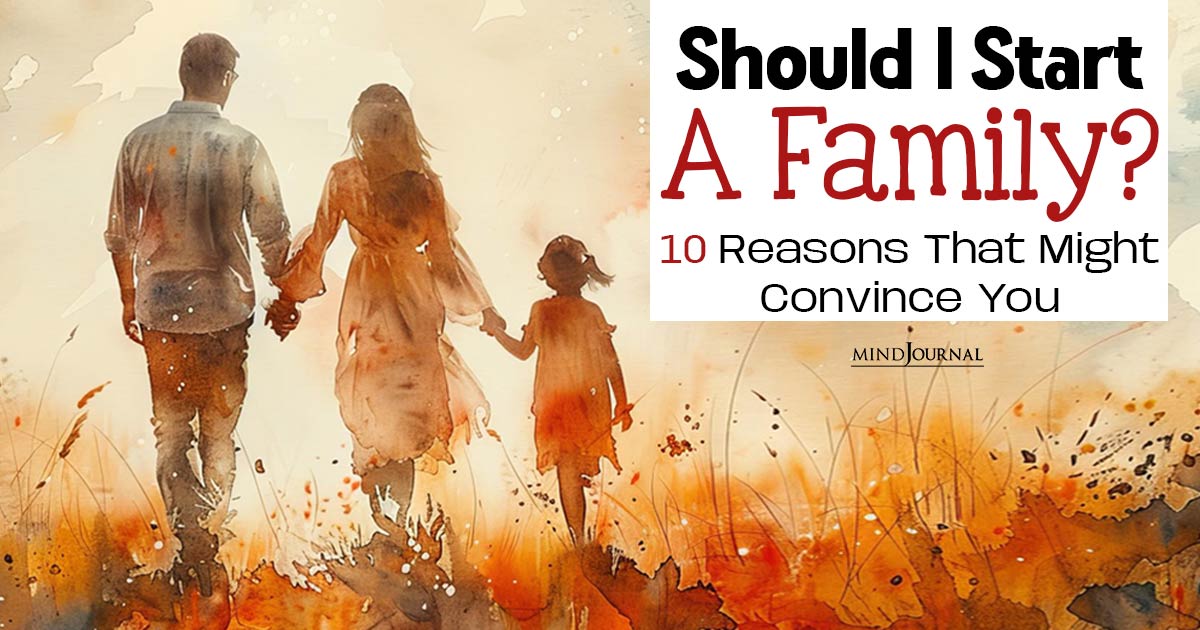
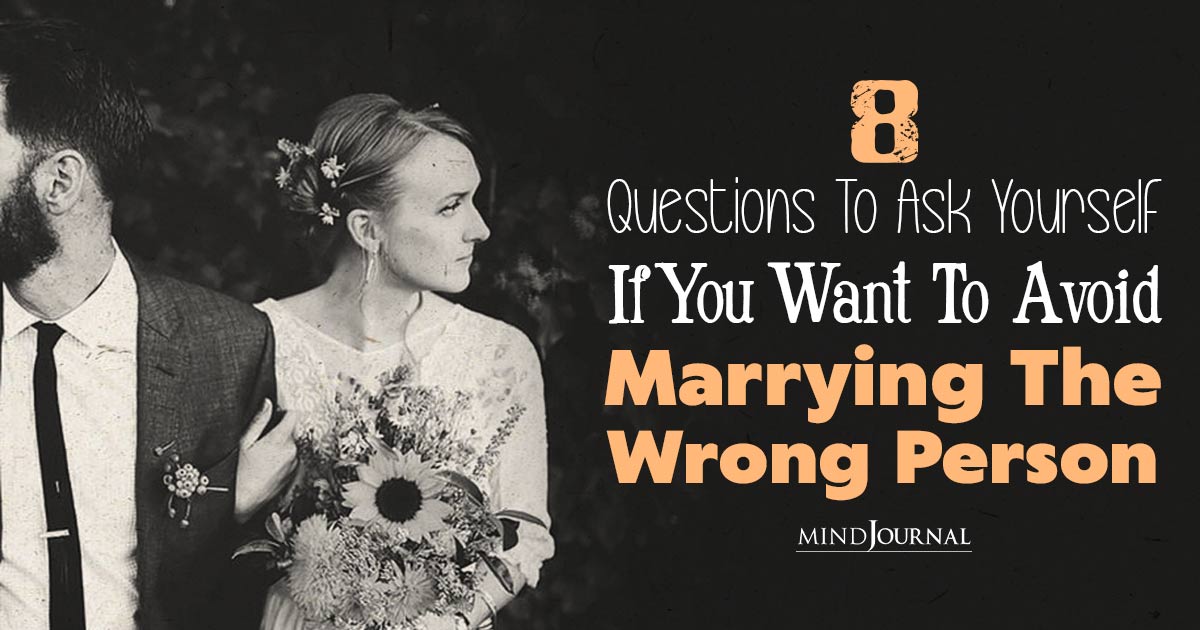
Leave a Reply